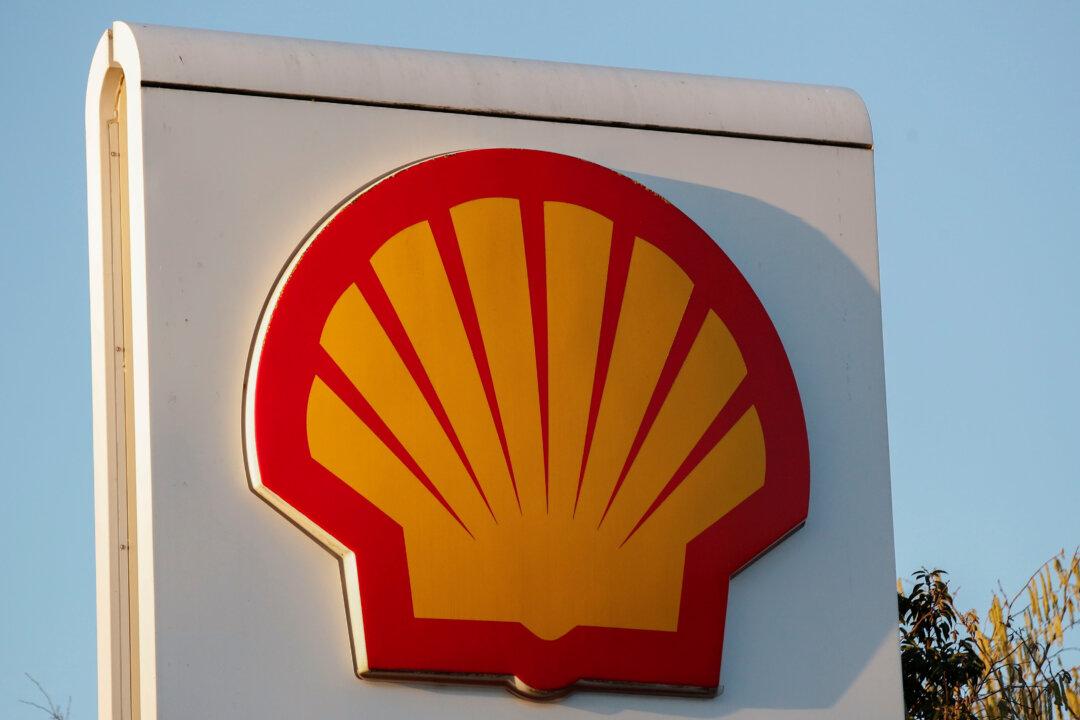Oil giant Shell posted profit on July 28 of more than $11 billion between April and June amid soaring energy prices, topping its record-breaking results from the first quarter.
The London-based company’s earnings come as households across the UK struggle with the rising cost of living and are prepared for yet another surge in energy bills after Russia cut further gas flows to Europe.




